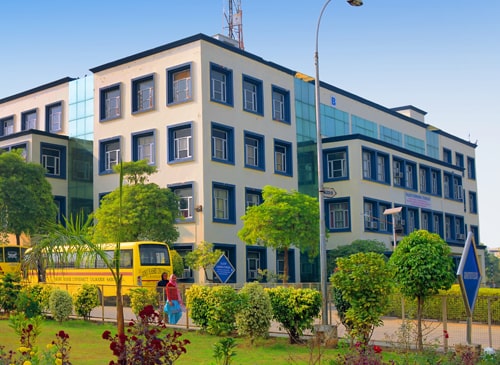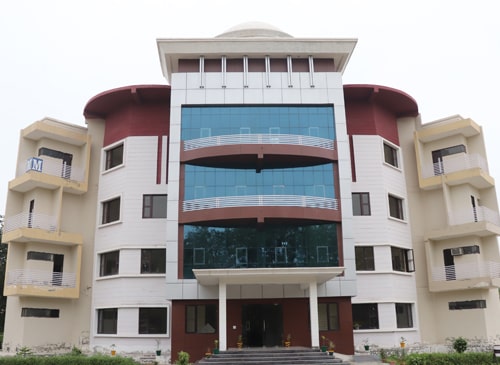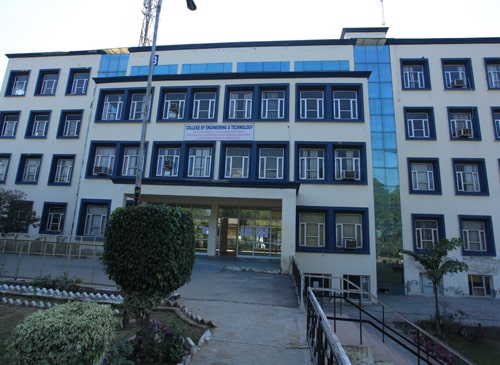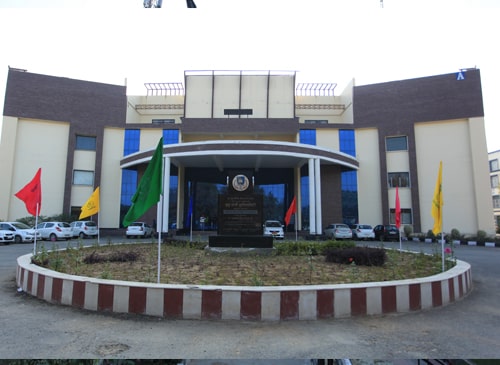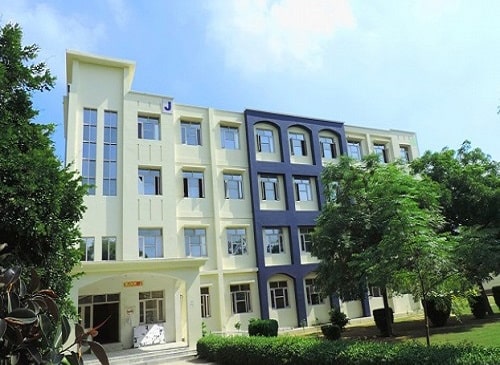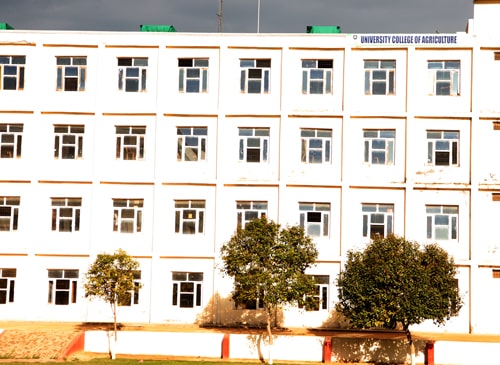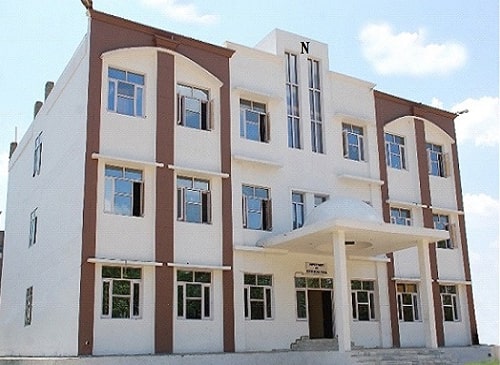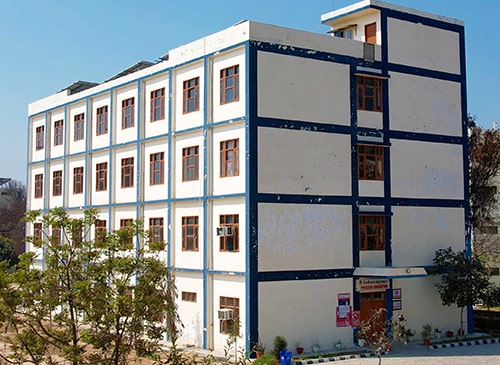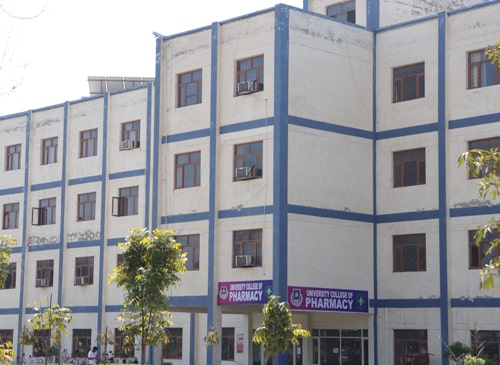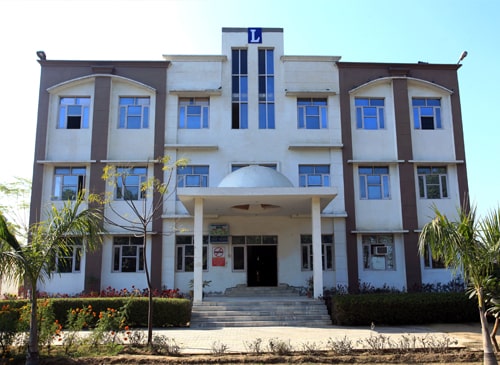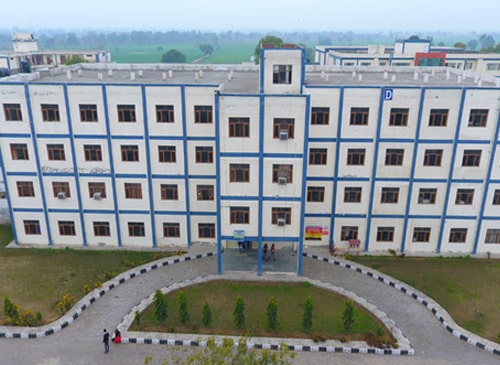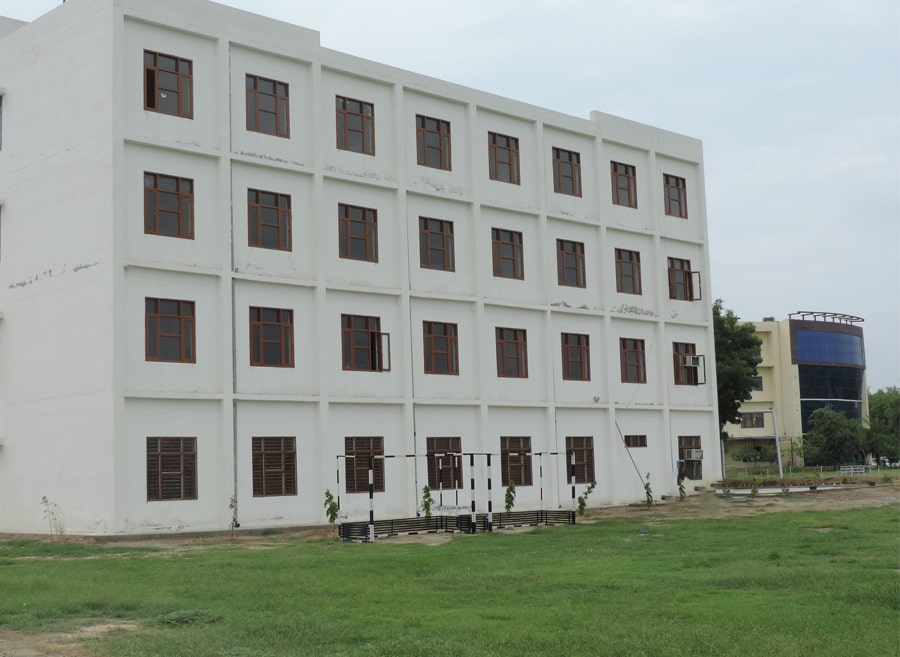FAQ's
1.What is a Master of Physiotherapy?
Ans: A Master of Physiotherapy (MPT) is a postgraduate program focusing on advanced physiotherapy training. It builds upon the foundational knowledge gained in a Bachelor of Physiotherapy (BPT) program. It provides students with specialized expertise and skills in neurology, sports, musculoskeletal, physiotherapy, and cardiorespiratory. The MPT program typically includes coursework, practical training, and clinical placements to prepare students for careers as skilled physiotherapy professionals.
2.Can I become a doctor after MPT?
Ans: Completing a Master of Physiotherapy (MPT) does not qualify you to become a medical doctor. While MPT equips you with advanced skills in physiotherapy, it does not provide the necessary qualifications or medical training required to practice medicine as a doctor.
3. What is the scope of a Master of Physiotherapy (MPT)?
Ans: The scope of a Master of Physiotherapy (MPT) is wide-ranging. This degree allows you to pursue careers in clinics, hospitals, sports centers, or private practice. You can specialize in nerves, muscles, sports injuries, lung and heart conditions, or working with children. In essence, MPT opens doors to helping people improve their health and well-being in diverse settings.
4.What are the career opportunities after an MPT degree?
Ans:After completing an mpt physiotherapy degree, you can explore different career opportunities as a physiotherapy specialist. You can work in clinics, hospitals, and sports centers or start your practice. Specializations include musculoskeletal, neurology, sports, pediatric physiotherapy or cardiorespiratory. You'll play a vital role in helping individuals improve their mobility and health.
5.Which field in MPT is best?
Ans: The best field in MPT depends on your career goals and interests. Some popular specializations include neurology, musculoskeletal, sports, cardiorespiratory, & pediatric physiotherapy. Choose the field that aligns with your passion and offers opportunities for fulfillment and growth.
6.Can optometrists with diplomas perform surgical procedures?
Ans: No, optometrists with diplomas typically do not perform surgical procedures. Surgical procedures are typically performed by ophthalmologists who have received specialised medical training and are licensed to perform surgeries on the eyes. Optometrists focus on providing primary eye care services such as eye exams, vision correction, and management of eye conditions through non-surgical means.


